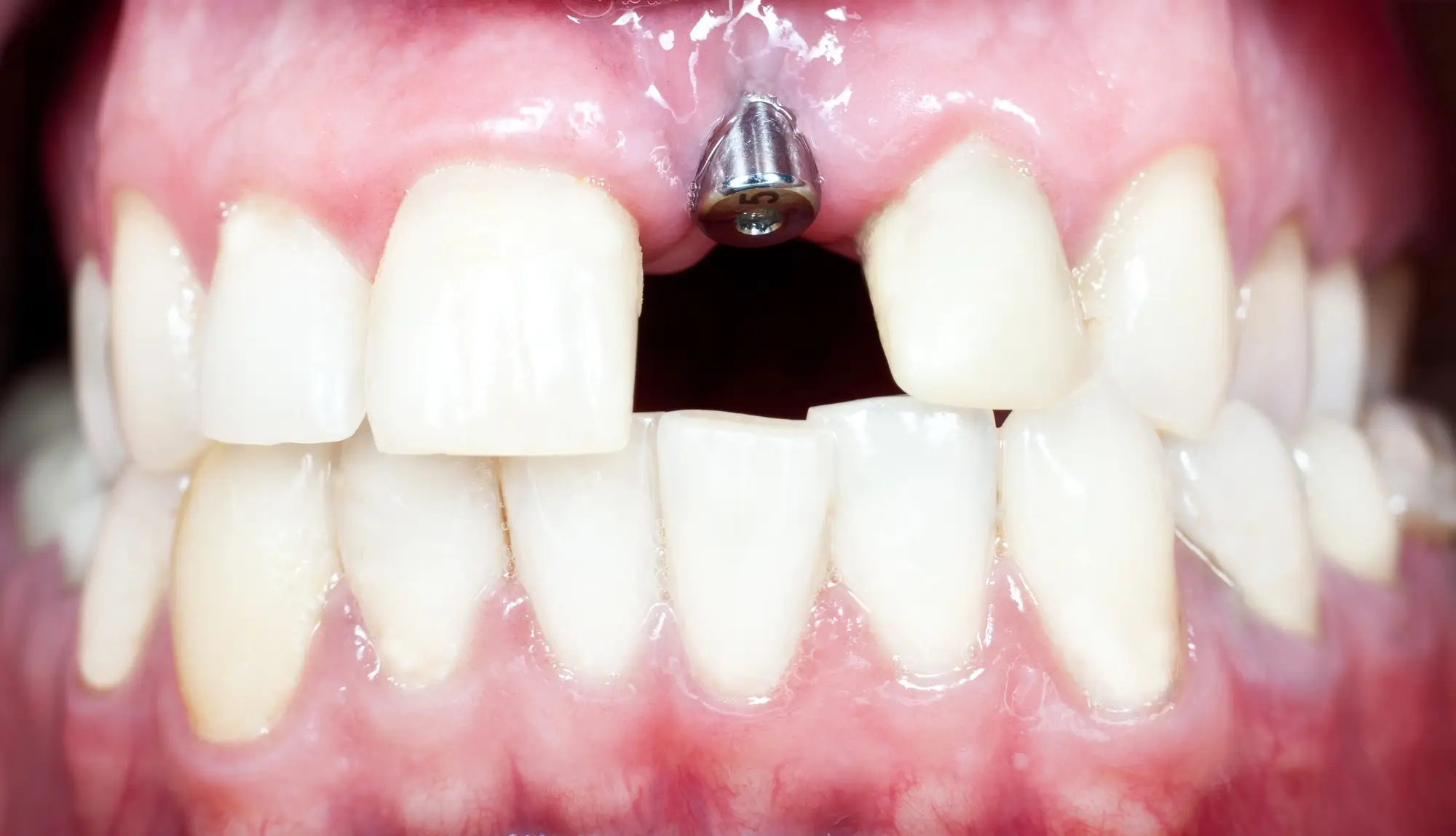What Are the Options for Replacing Missing Teeth?

A confident smile is often considered a reflection of good oral health and overall well-being. However, missing teeth can greatly impact both the aesthetics and functionality of one’s smile.
Fortunately, several options are available today to replace missing teeth. They each have advantages and considerations.
This article will explore some of the most common options for replacing missing teeth.
Dental Implants
Dental implants have revolutionized the field of options for missing teeth. They are considered the gold standard for replacing missing tooth or teeth. It is all due to their durability, natural appearance, and functionality.
A dental implant consists of a titanium post surgically inserted into the jawbone. Thus, replacing the tooth root. A custom-made crown is placed on top once the implant fuses with the jawbone. Thus, creating a natural-looking tooth.
Dental implants provide stability and strength. It allows people to chew and speak confidently!
Fixed Dental Bridges
Fixed dental bridges are another popular option to fix missing teeth. This restoration involves creating a prosthetic tooth or teeth. It is then anchored to the adjacent natural teeth or dental implants.
The adjacent teeth are prepared by removing a small amount of enamel. It is done to accommodate the crowns that support the bridge.
Fixed dental bridges offer a stable and aesthetically pleasing solution for replacing one or more missing teeth. However, they require the support of healthy neighboring teeth. At the same time, you must maintain regular oral hygiene to ensure their longevity.
Removable Partial Dentures
Removable partial dentures are suitable for those with multiple missing teeth but retain some natural teeth. These consist of artificial teeth in a gum-colored base. It is attached to a metal framework that clasps onto the remaining teeth.
Removable partial dentures can be easily removed for cleaning. They are more affordable than dental implants or fixed bridges. However, they provide a different level of stability and comfort than other options. They will also require regular maintenance.
Complete Dentures
Complete dentures are used when all the teeth in the upper or lower jaw are missing. These removable appliances are custom-made to fit the shape of one’s mouth. Complete dentures rest on the gums. They are held in place through suction or adhesive.
Although complete dentures can restore the appearance of a full smile, they may take some time to get used to. It can also be challenging to eat certain foods. Also, adhesive creams or powders may be necessary for additional stability.
It’s best to read more information here on complete dentures. Learn more about how they can transform oral health and appearance.
Implant-Supported Dentures
This type of denture combines dental implants’ benefits with the convenience of removable dentures. This option suits those with insufficient bone density to support multiple dental implants.
Implant-supported dentures are anchored to dental implants surgically placed in the jawbone. It provides increased stability and prevents dentures from slipping. It also prevents clicking during speaking or eating.
It’s suitable for those who prefer a removable option. This solution offers comfort and confidence. It’s great for chewing efficiency compared to complete dentures.
Options for Replacing Missing Teeth
It’s best to consult with a qualified dentist or prosthodontist who can assess your individual needs. Consider oral health, bone density, budget, and personal preferences when replacing missing teeth.
With advancements in modern dentistry, you now have a range of options. All these are available to restore your smile and regain the functionality of your teeth. Remember, a healthy and complete smile is within reach with the right tooth replacement option.
Was this article helpful? Check out our blog for more valuable content.
